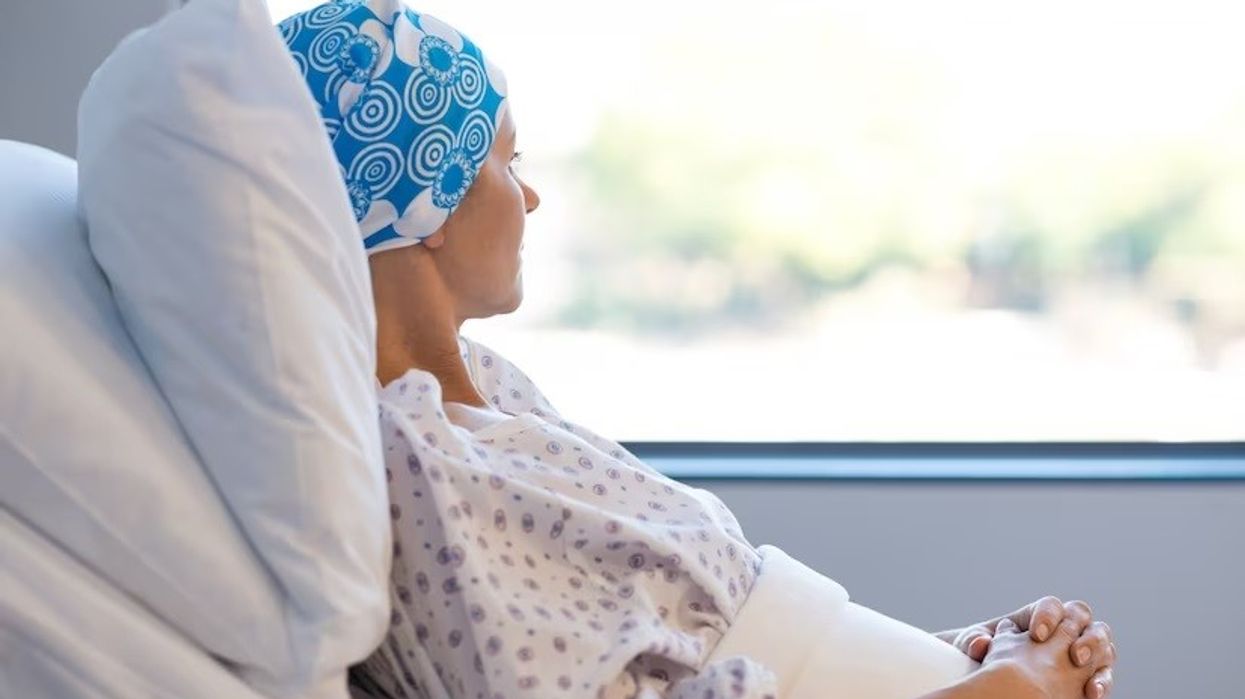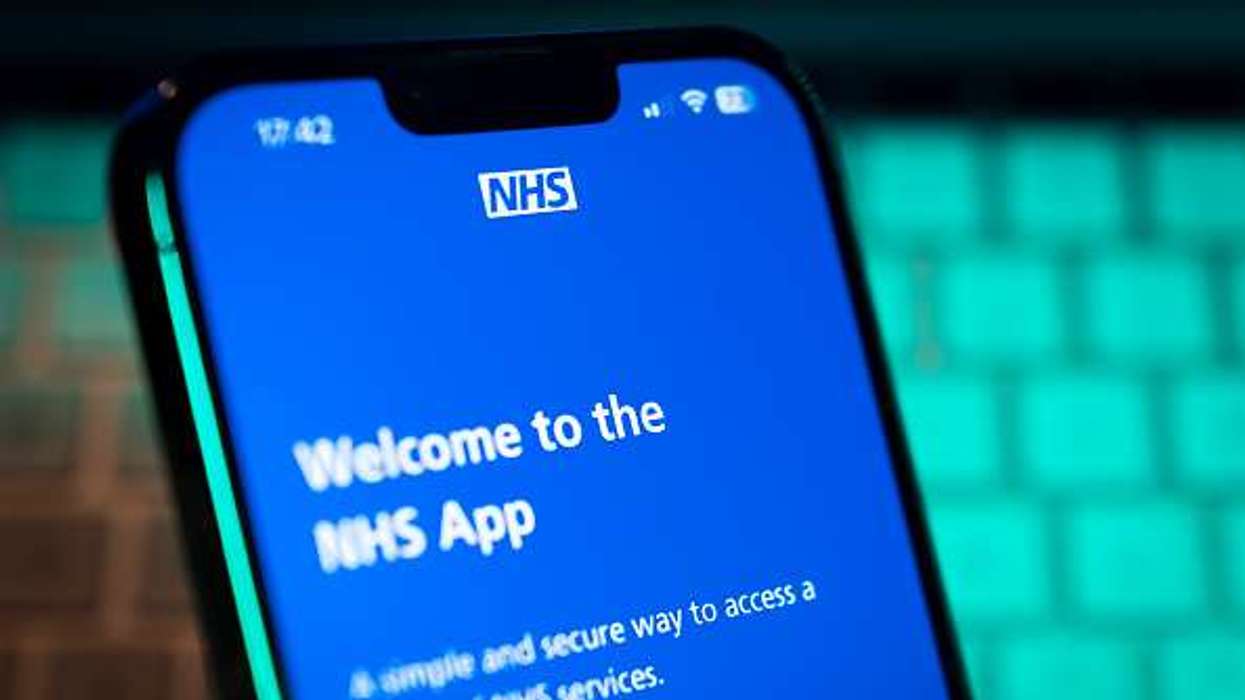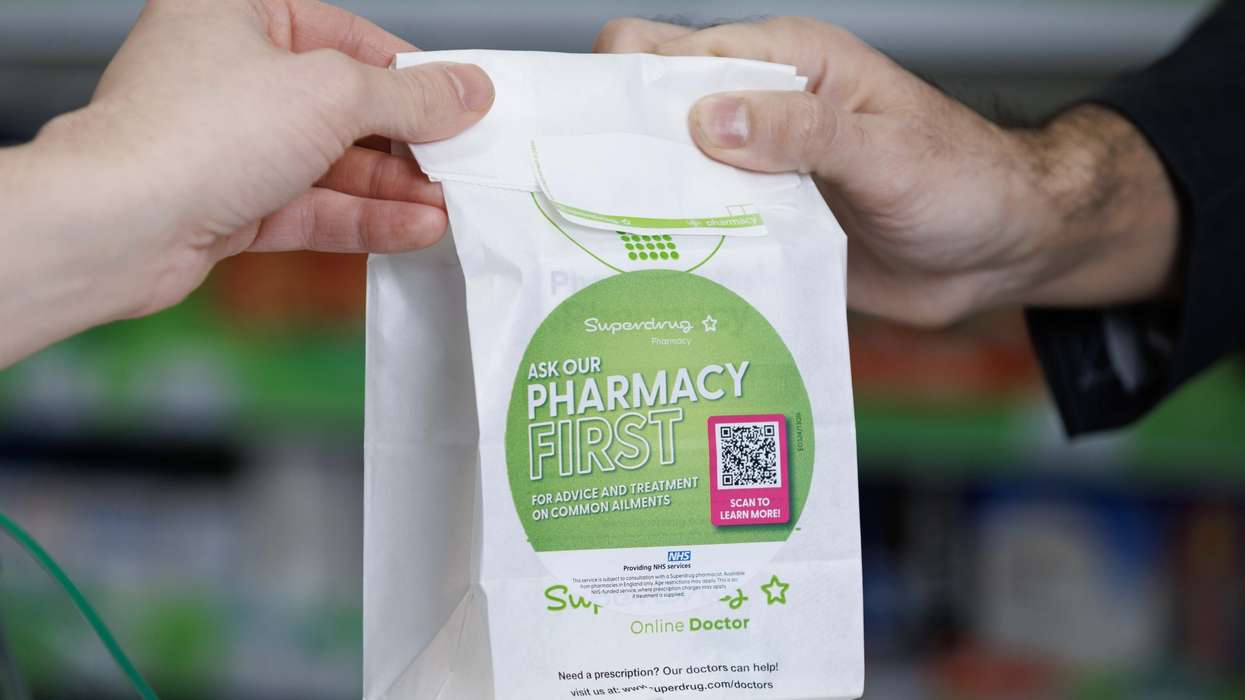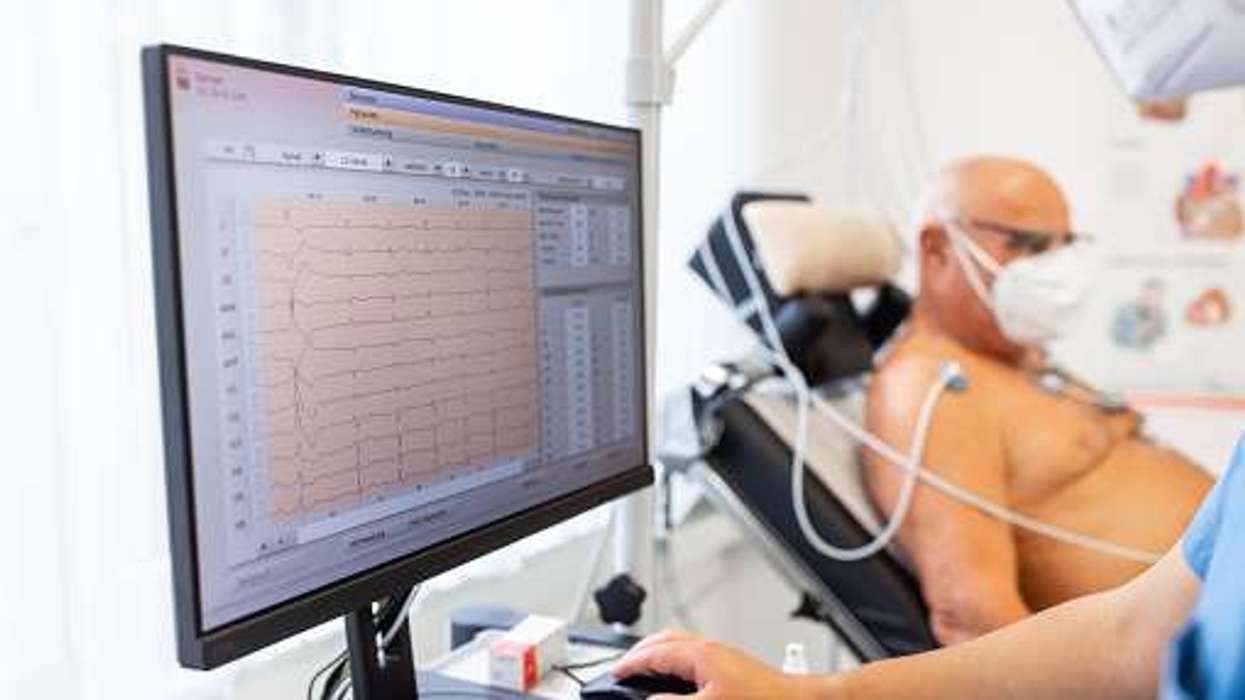Key Summary
- During the clinical trial, 77 percent of patients with aggressive leukaemia saw their cancer enter remission
- Obe-cel, also known as Aucatzyl, is less likely to cause serious side effects than other CAR (chimeric antigen receptor) T-cell therapies
- Nice has recommended treatment for people aged 26 and over living with B-cell acute lymphoblastic leukaemia
A new personalised 'living drug' to treat leukaemia has shown encouraging results during the trials and NHS has announced that it will soon be available at specialist centres.
The drug, obe-cel, involves taking a patient’s immune cells and reprogramming them in a lab to identify and target their cancer, before returning them to the body as ‘living medicine’.
During the clinical trial, 77 percent of patients with aggressive leukaemia saw their cancer enter remission, with half of those showing no signs of detectable cancer after three and a half years.
The treatment has been developed by Autolus Therapeutics, a University College London spinout company.
Obe-cel, also known as Aucatzyl, is less likely to cause serious side effects than other CAR (chimeric antigen receptor) T-cell therapies.
Patients experienced mild to moderate side effects from the treatment, with the most common being Cytokine Release Syndrome, which happens when the immune system goes into overdrive after treatment, causing flu-like symptoms.
The National Institute for Health and Care Excellence (Nice) has recommended the treatment for people aged 26 and over living with B-cell acute lymphoblastic leukaemia.
Eligible patients will receive two doses of CAR-T therapy intravenously, ten days apart, and it will be delivered at selected specialist CAR-T centres across the country.
It is estimated that it could be administered to around 50 patients each year in England.
Professor Peter Johnson, NHS National Clinical Director for Cancer, said, “This ‘living medicine’ boosts a patient’s own immune system and then guides T-cells towards the cancer to kill it – it is fantastic to have another pioneering option available on the NHS, adding to our range of CAR-T therapies which are helping people with blood cancers live longer, healthier lives.”
Health Minister Ashley Dalton said, “By supporting new treatments with fewer side effects and shorter hospital stays, we’re building an NHS fit for the future whilst cementing the UK’s position as a global leader in medical research.”












